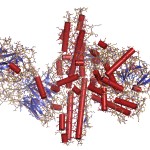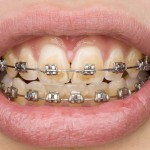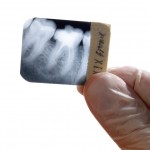
This review and network meta-analysis (NMA) of pharmacological treatments for the management of pain subsequent to simple and surgical tooth extraction included 85 RCTs. There was moderate- and high-certainty evidence that for surgical dental extractions that ibuprofen 200 to 400 mg plus acetaminophen 500 to 1,000 mg was the most effective for pain relief.
[read the full story...]






